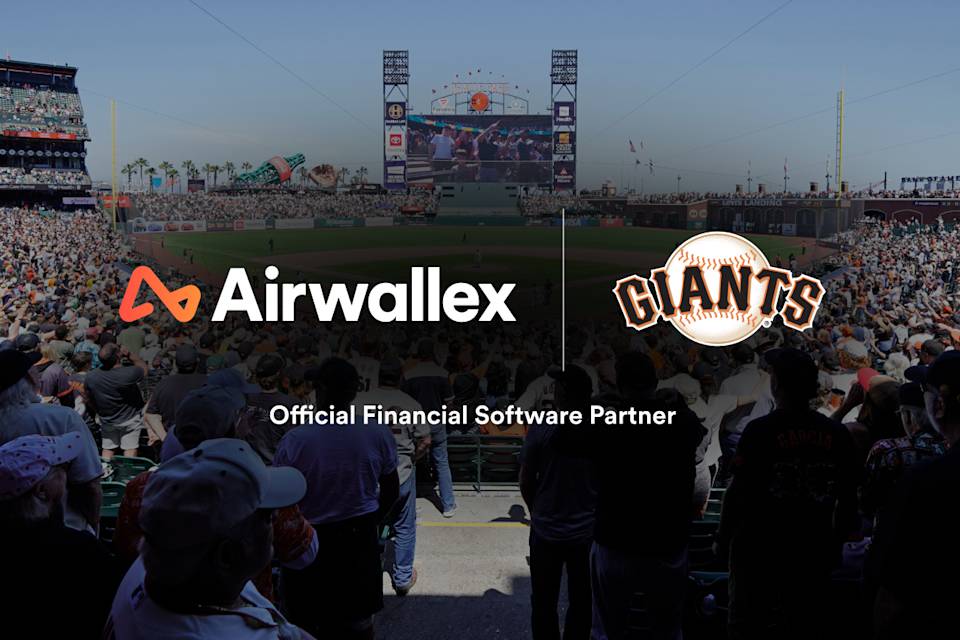How to optimise your payment process for global success

Tilly Michell
Content Marketing Manager

An increasing proportion of people around the globe have shifted to buying goods online rather than in-store. This represents a significant opportunity for businesses to expand their reach to international customers, and forward-thinking merchants are leveraging modern payments technology to maximise global sales and minimise fees.
That minute or so in between a customer adding a product to their cart and completing a transaction is critical to businesses. For every ten people who take the first step, statistics suggest, only three will go on to the second step. This is just one of the reasons why choosing the right payment processor is vital to every company’s bottom line.
There are many other consequential reasons why this decision should be taken carefully. There’s the risk of fraud jeopardising your reputation, for example, of hidden fees chipping away at profits, and of a lack of payment options putting off customers in potentially lucrative markets.
‘Payment optimisation’ simply means making sure that you have the best payment process for your business. Transactions should be efficient, secure and user-friendly. Your payment process should help you boost conversion rates and build loyalty, not just with domestic customers but with international customers too. This article will walk you through the payment optimisation process and help you ensure you have chosen the optimal payment process for global success.
Upgrade your payment process to grow your business
Your payment stack is the technology you use in order to accept payments from your customers. It includes key services such as acquiring, payment processing and a payment gateway. You may use several providers for these services, or use a single provider that offers multiple services, such as Airwallex. Here is a checklist of questions you should ask when choosing your payment partner:
Is it cost-effective?
Payment processors come with different fee structures, which may include a monthly or annual component as well as per-transaction fees. When comparing the costs of a payment processor, don’t forget there may be additional fees for foreign transactions.
For example, some acquirers and processors may force you to convert funds to your domestic currency when accepting overseas payments. They may also hike up the foreign exchange (FX) rate. If you plan to process a large volume of international transactions, consider a processor that allows you to settle ‘like-for-like’ in multiple currencies, so you can avoid unnecessary currency conversions. You should also look for a processor that offers reasonable FX rates when currency exchange is unavoidable.
Another way of reducing overheads is to bundle services together. Using the same company for both payment processing, acquiring, and as a payment gateway may be a way of accessing better rates, and there are additional advantages of having all data visible on a single platform, with a single log in process.
Is it optimised for international buyers?
A modern payment processor should make transactions seamless no matter where in the world your customers are based. This means pricing in local currencies and offering local payment methods. According to a 2023 report from the Baymard Institute, 11% of online cart abandonments occur because customers are unable to pay with their preferred payment methods. The challenge is that preferred payment methods differ by region. In Asia Pacific, popular payment methods include WeChat Pay, Alipay, and GrabPay, whilst in Europe and the US, PayPal, Apple Pay, Google Pay and card payments tend to be preferred.
Airwallex supports a wide array of global payment methods, and allows your business to automatically serve the right payment methods to your customers based on their geographical location. Allowing your customers to pay you through their preferred payment methods will help you boost checkout conversion rates, increase their trust in your website, and improve sales.
Does it offer advanced FX features?
You want a payment processor that offers cost-effective foreign-exchange rates, but you can actually go beyond this and look for more advanced cost-saving measures relating to FX risk.
For example, Quotes is a feature that allows you to lock in currency exchange rates for a set period of time. This means that you can remove any risk of the FX price fluctuating in an adverse way that will impact your business or your customers as they purchase goods or services from your website.
Will it help you reduce fraud and chargebacks?
Fraud and chargebacks are costly challenges to deal with, and a good payment processor will help protect you from them. Ideally, your payment processor should come with advanced fraud prevention technologies; such as 3D Secure (3DS) and pre-chargeback programs.
Chargebacks happen when a customer disputes a transaction with their bank or card company, leading to a reversal of the payment. Chargebacks cost your business money, even if you win a payment dispute your business will incur a fee. Pre-chargeback programs are designed to help your business resolve disputes and fraudulent payments before they become chargebacks, typically by automatically refunding disputed transactions at a much lower cost than a traditional chargeback. The pre-chargeback programs that Airwallex supports include Visa Rapid Dispute Resolution (RDR) and Mastercard Collaboration.
Is it globally secure and compliant?
Security is paramount when it comes to the payment process, both for the sake of your customers and also for your company’s reputation. Look for a payment processor that has robust encryption protocols, and ask whether tokenisation is used to replace sensitive information while data is being transmitted. Multi-factor authentication is another way of enhancing customer protection, by asking customers for a second method of verifying their identity, for example using biometric data or a one-time passcode texted to their phone.
The processor you choose should be compliant with the international Payment Card Industry Data Security Standard (PCI DSS) to ensure that customers paying via a card are well-protected. You will also need to ensure you are compliant with Anti-Money Laundering (AML) and Know Your Customer (KYC) procedures, as they apply both at home and abroad.
Be aware that regulations relating to compliance may vary from region to region and also evolve over time. It’s important to work with a payment processor that is familiar, compliant and up-to-date with data protection rules not just at home but also abroad. Examples of these include General Data Protection Regulation (GDPR) in Europe, the Personal Data Protection Act (PDPA) in Singapore, Act on the Protection of Personal Information (APPI) in Japan and Australia’s Privacy Act.
Will it help you scale and grow?
As businesses grow, so do their payment processing needs. A reliable payment processor will be able to handle large transaction volumes, ensuring uninterrupted service during peak times. Your payments partner should also have the necessary global licences to allow for expansion into new markets, and should help you grow by giving you access to valuable insights through analytics and reporting tools. Merchants can gain a comprehensive understanding of transaction performance, identify trends, and make data-driven decisions to ultimately boost sales and profits.
Optimise your payments process today
The right payment processor should help you realise your most ambitious international goals. It should provide valuable financial insights and reporting tools to allow you to continue improving your sales, and offer reliable services that can handle fast-growing transaction volumes in markets across the globe. On top of that, it should keep payments secure, cost-effective, compliant and seamless, no matter where your customers are based.
How Airwallex can help
Airwallex offers payment processing and acquiring services on a global scale. With Airwallex, you can accept payments from customers in 180+ countries via their preferred payment methods. Our software integrates seamlessly with popular eCommerce platforms, and you can choose from a variety of integration methods, from no-code ‘plug and play’ options to a fully customisable checkout.
Here are a few of the benefits of choosing Airwallex as your payments partner.
Local payment methods for a global customer base
Airwallex supports 160+ local payment methods, including Apple Pay, Alipay, Google Pay, PayPal and Klarna. The diversity of options helps reduce rates of cart abandonment and creates a frictionless customer experience.
Collect in multiple currencies and minimise FX risk
With Airwallex, funds can be collected and settled in multiple currency 'like-for-like' into your multi-currency Wallet, and paid out to 150+ countries via high-speed transfers and Borderless Cards. In practice, this means merchants that sell globally can collect foreign currency payments from customers, hold those funds in their account, then use them to pay overseas suppliers, all whilst avoiding FX fees. Where currency exchange is unavoidable, Airwallex offers market-beating FX rates.
Improve checkout success rates while reducing fraud
Airwallex uses advanced tools that allow you to boost transaction success rates while keeping fraud low and staying internationally compliant. These include Airwallex’s machine learning-powered checkout optimisation engine and smart 3DS optimisation, which chooses the best strategy to maximise global acceptance rates whilst protecting against card fraud. For all these benefits and more, sign up to Airwallex today or click here to learn more.

Tilly Michell
Content Marketing Manager
Tilly manages the content strategy for Airwallex. She specialises in content that supports businesses in their growth trajectory.
Posted in:
Online payments

